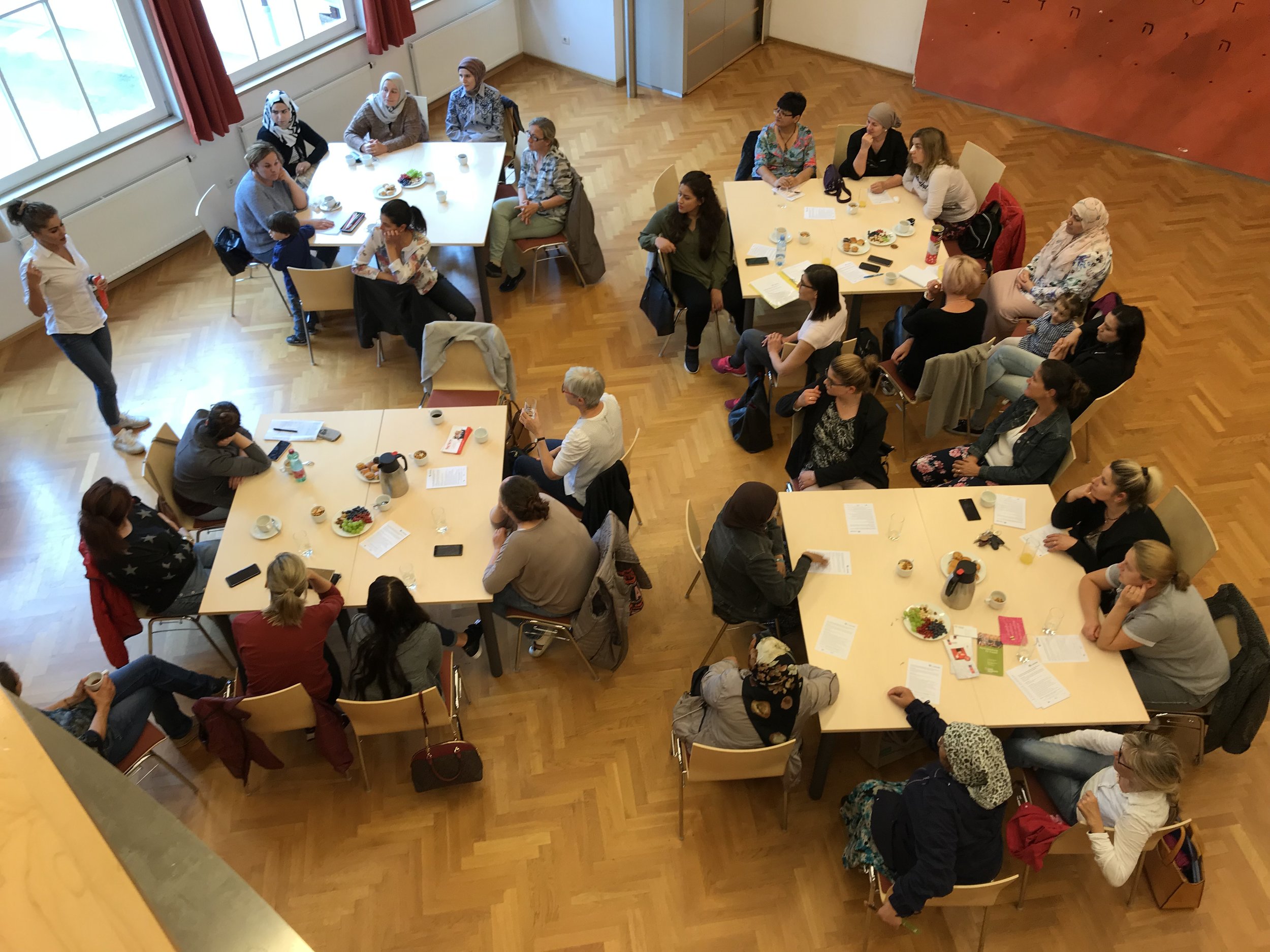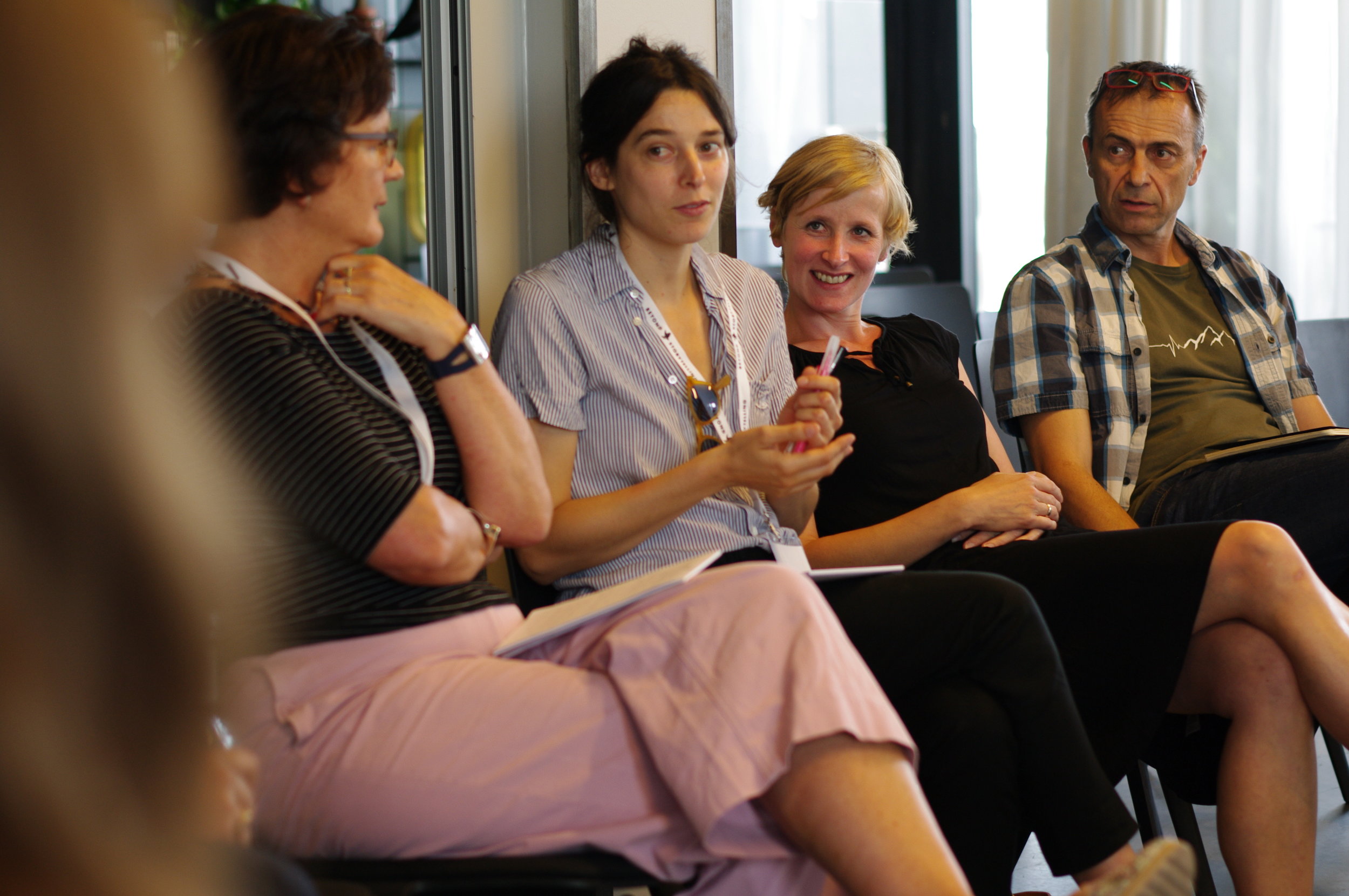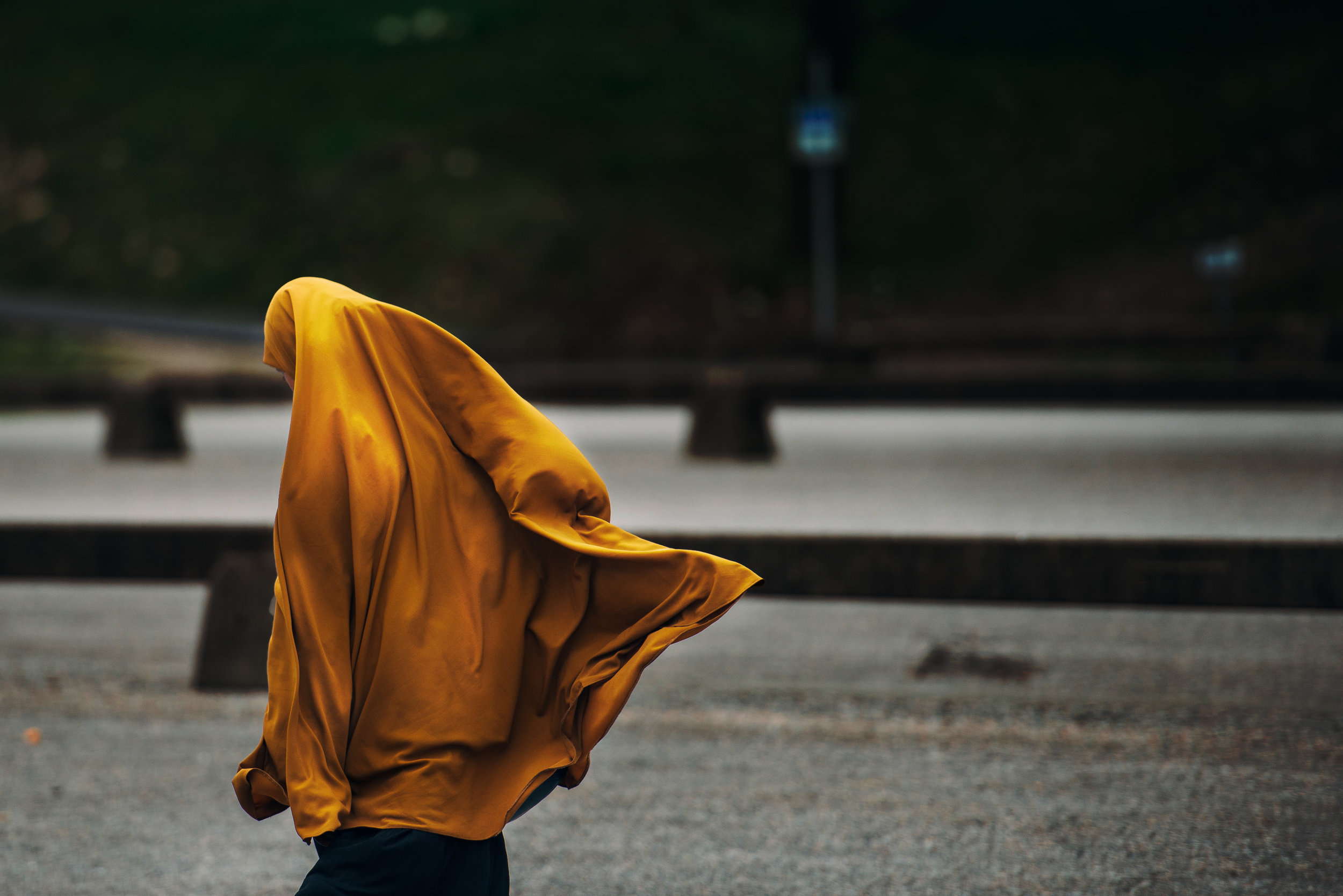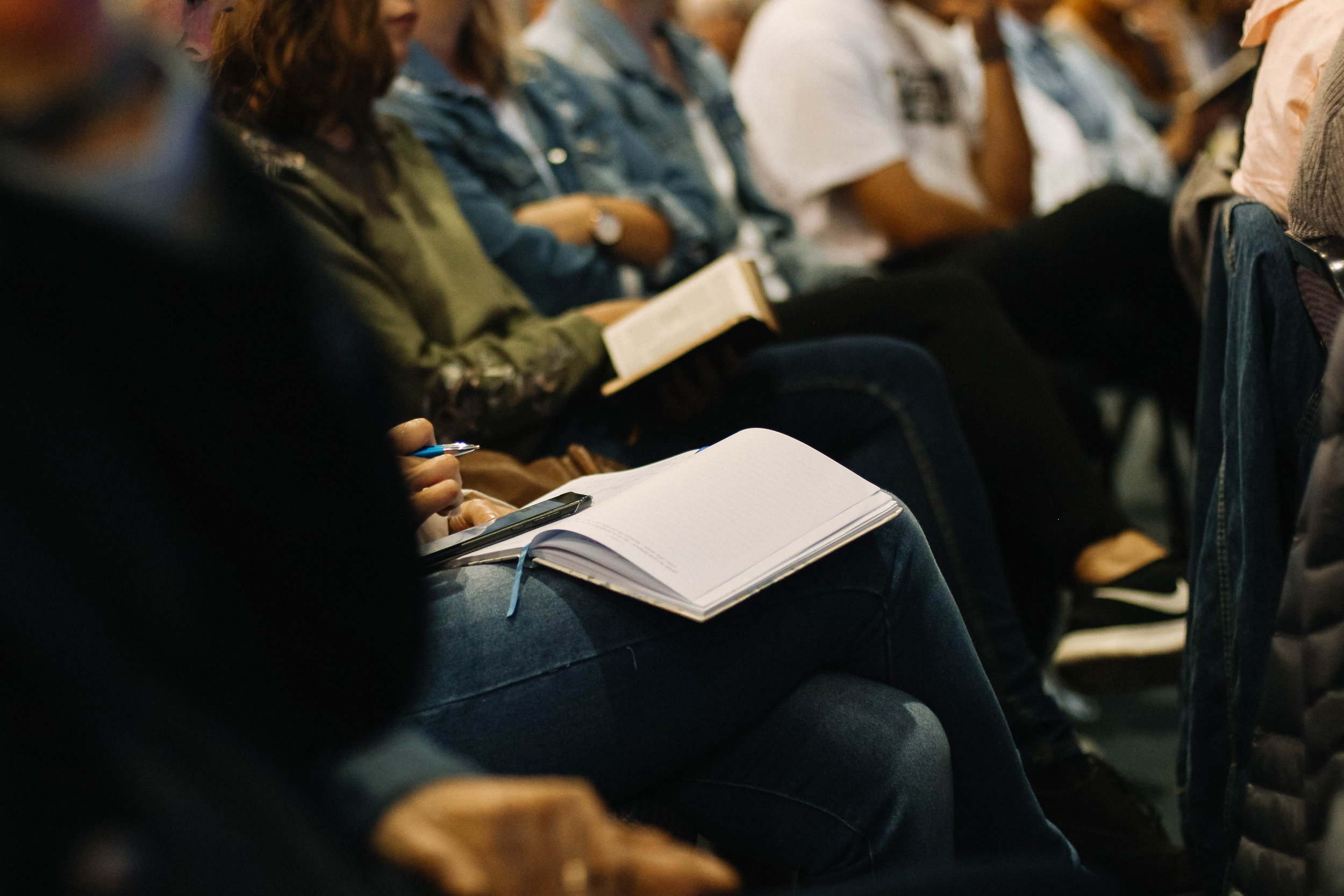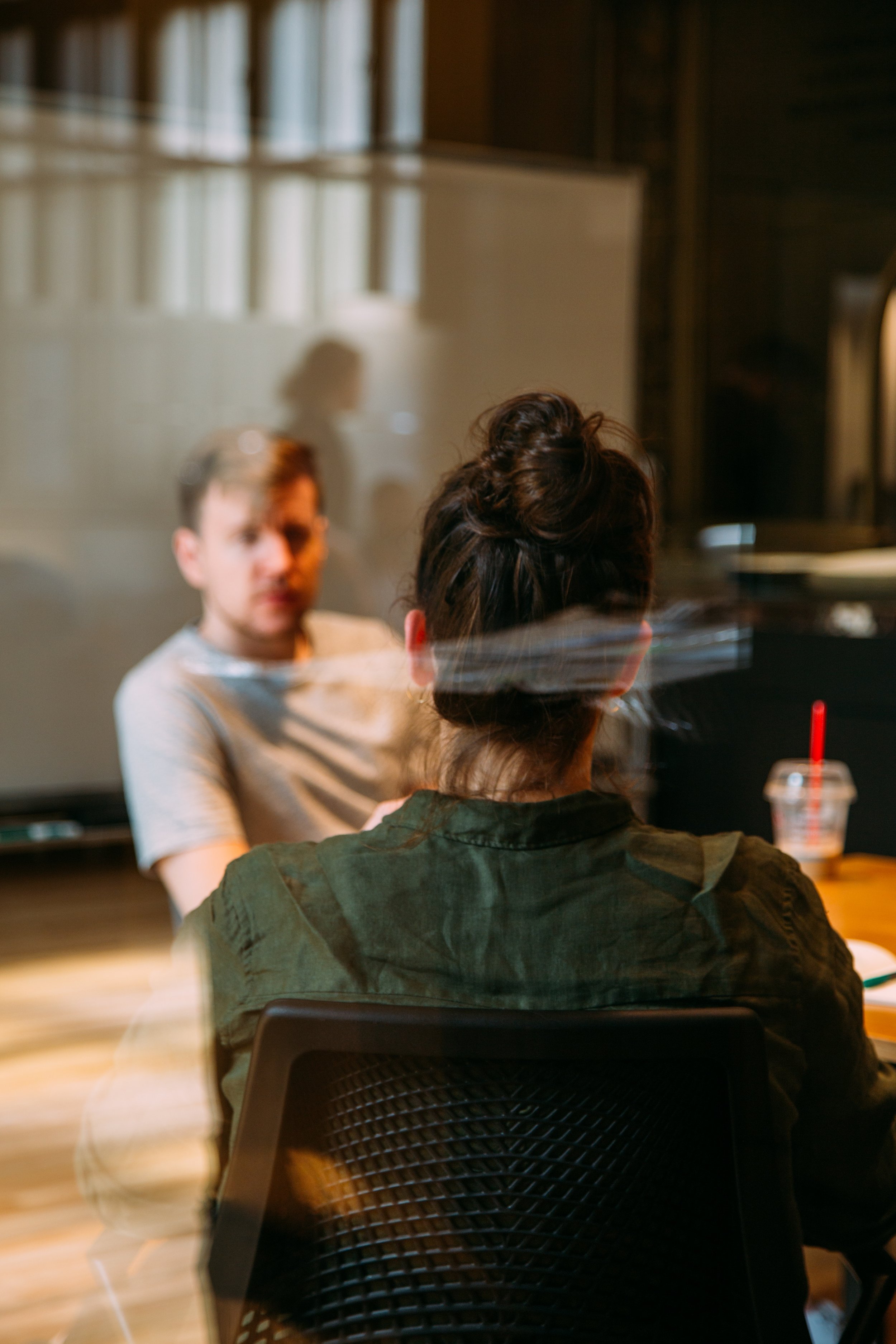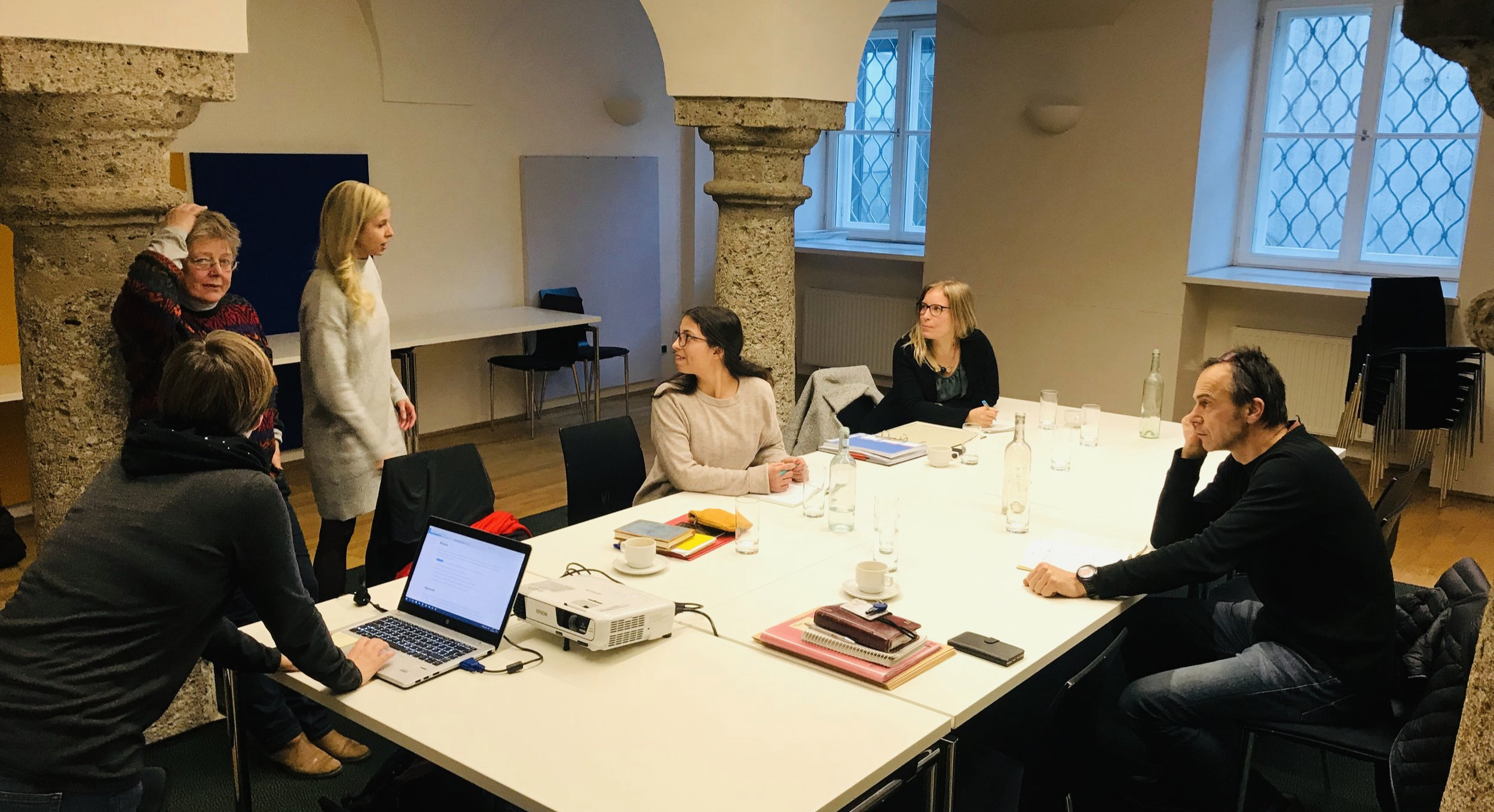The Person behind FIER Salzburg
Yvonne Kirchmauer
Luis Miranda From Earlall interviewed our FIER-Leader yvonne Kirchmauer. Yvonne is Deputy Head of Unit for Youth, Generation, and Integration at the Division for Culture, Education and Society of Land Salzburg (Austria). She is coordinating the FIER activities that are being developed by five NGOs in the whole state, under the “Journey Integral” initiative.
Land Salzburg is one of the nine states in which Austria is divided, and is formed by five regions (Flachgau, Tennengau, Pinzgau, Pongau and Lungau). The unit itself is responsible of projects in the fields of integration (third-country nationals, EU-citizens, refugees with status) as well as for youth and elderly people. They are also providing co-funding for activities and providing expert support for project development.
What are your main goals within the FIER project in Land Salzburg?
At the beginning, the idea was to reach all the five regions of the state and have them all benefiting from FIER. Many activities focus on the city of Salzburg and the surrounding or metropolitan areas, and this time we wanted to cover the specific needs of other territories. This is why our activities took some time to get started, since we had to find the right partners that could take the best from FIER and improve their work thanks to it. Now we count on five projects led by partner organisations, each of them in a different region: Diakoniewerk, fairMATCHING, Caritas & Du, Frau & Arbeit, Lungauer*innen für Menschen in cooperation with Lungauer Frauen Netzwerk.
Another goal was also reaching third-country national women, since we have identified that women face specific challenges, such as child-care obligations, and tend to show a lower educational level. Work-life balance rises as a key aspect here, and a part‑time job is usually the main request we receive.
Any achievements so far?
Thanks to our partners, projects and pilot experiences are being carried out under the umbrella of “Journey integral.” Right from the beginning, it was clear that integration could not focus only on one specific phase. Instead, we tried to cover the integration process with different activities.
The “Path” project starts with women in refugee camps. With “Encourageers,” well experienced women empower others and open a dialogue, and “Open Space Pinzgau” draws on existing structures of already trained female migrants to create low-threshold offers, up to personal guidance (Lungau) and the provision of support for people with an interest in the social-care profession. The latter offers special trainings as well as volunteering opportunities to let them experience how it is to work in the field and lead them into the job or education. These pilot experiences have been only possible thanks to FIER, and we are very glad to see some results already.
In addition, the fact that we are indeed reaching all five regions in our territory is a key outcome for us. We are very pleased to have all of them on board, since there are specific challenges that do not always allow this to happen. For example, in the Lungau region it is difficult to find language courses, and there are also challenges related to mobility and access to childcare and education for children.
A very important outcome is that, when you focus on activities especially for women, there must be a childcare option in parallel; thus, mothers can concentrate on learning and gain experiences, and children have the possibility to get in contact with others and can also learn while they are taken care of. Otherwise, it is difficult for women to participate in any activity.
How does cooperation work at regional level?
Among other topics, our unit is responsible for connecting organisations that operate at local level in order to avoid duplication of activities and provide them the support they need, so, as an authority, we had already been in contact with the FIER partners in Salzburg before. In the context of FIER, we received requests from some organisations whose needs where in line with the project’s aim. I must confess that at first, it was difficult to identify the best way to implement FIER in Land Salzburg, but once we saw practices from other countries and got helpful tips form the others, we knew it would work here also; in this sense, international partner meetings were very helpful for inspiration.
Once we gathered all the actors that would be involved in our territory, it was very easy, since they are all very motivated and experienced. We had our first meeting in December 2018, and everything worked out fast. We have already received a good response from participants, counting about 117 beneficiaries in total from all the activities in the first half of the year. Thanks to the experienced networks of the NGOs involved, finding participants was not a challenge, and some of them had previously been involved in their activities, so NGOs had already identified their potential to join FIER.
Does your institution carry out other projects in the field of third-country national integration?
We co-fund relevant activities in the fields of integration and youth; currently we are co-funding projects that also count on funding from the European Union (mainly AMIF, but also ARGE ALP, ESF or Erasmus+ through our partner organisation in the youth sector). We do not have projects of our own, since we rather contribute bringing together the relevant actors and building up networks so they can develop their own projects and cooperate.
Which are your plans for the FIER project in a more general perspective?
The current activities will continue until the project ends in December 2019. Nevertheless, we are already planning how to develop and adapt the pilot experiences from this year to launch them next year also, since partners have already gained some experience in them and are seeing good results. However, funding remains a challenge.
In a more short-term perspective, we are thinking about sharing our experiences with others — for example, via hybrid-meetings (participation online and offline is possible) — as well as how we can bring Salzburg participants together to share their experiences and build networks; e.g., organizing a summer festival for all Salzburg participants. We are having our next partner meeting next week during which we will discuss what activities we will in the upcoming months. Further details will come soon!
What do you feel most fier (proud) of in the context your involvement in FIER?
First of all, I am very proud of my partners in Salzburg: they are very motivated and doing a great job. They are already thinking of the future and they provide very detailed information about their activities. This has demonstrated me that we can really have valuable partners in all the regions that are part of the state and that participants are experiencing themselves the results. In addition, I am proud of the office team in our authority, since without them the project coordination and administrative tasks would not have been accomplished in such a good way.
An interview by:

